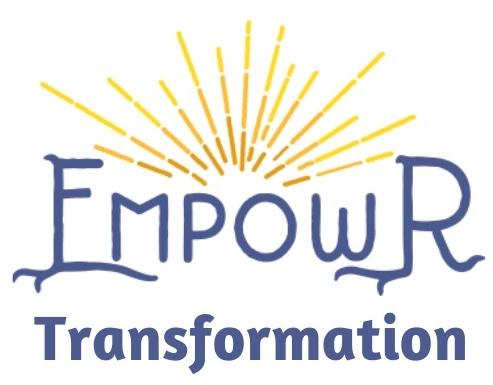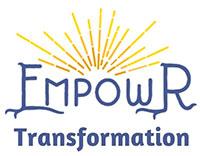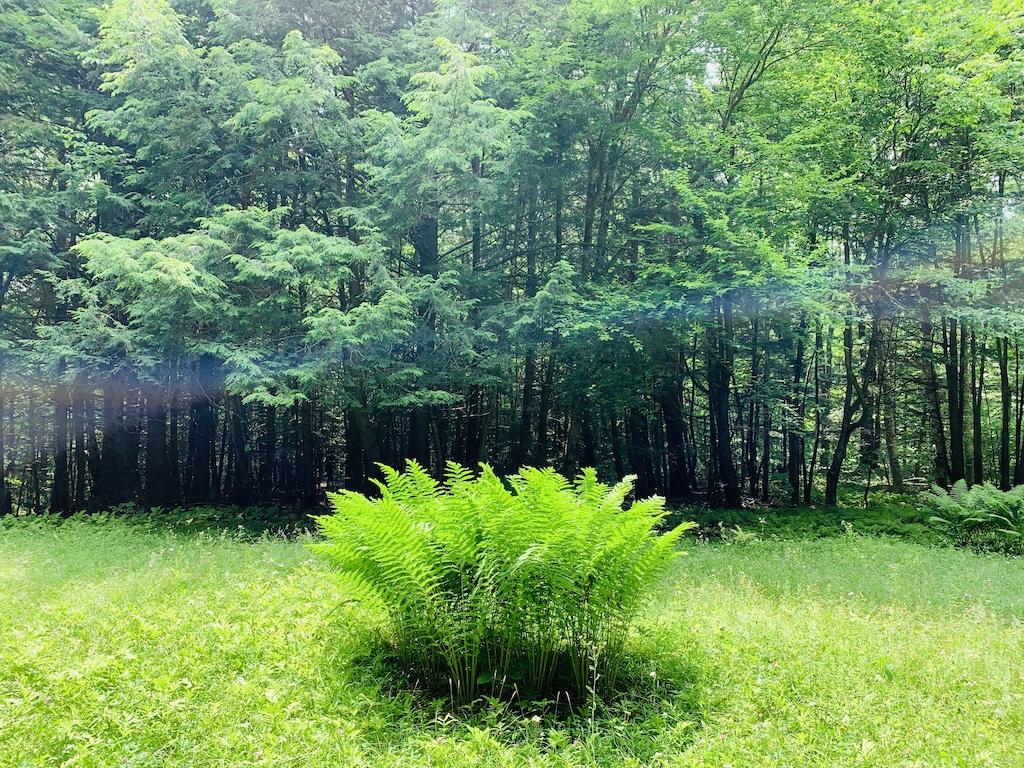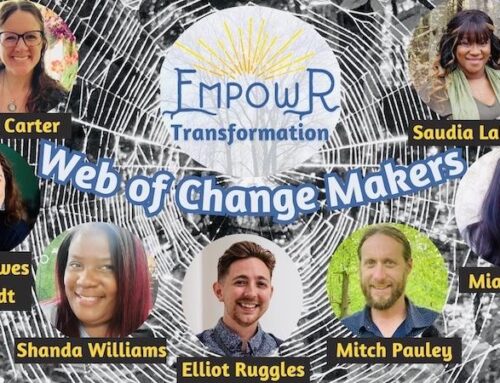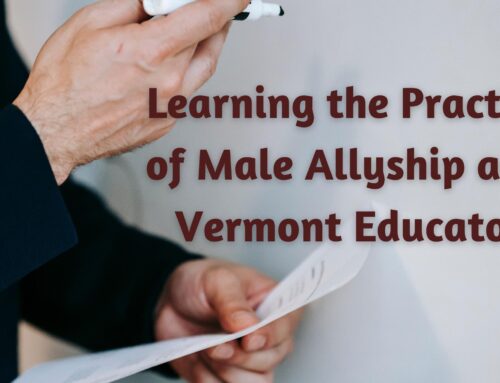Author’s note: I am a white woman living in Vermont and recognize my perspective is shaped by both my access to privilege and opportunity as well as my experiences with exclusion and inequity. I am writing with a frame of reference that is informed by living in a predominantly rural, white environment, and from that frame, how white, rural areas can work towards transformative justice.
We are all microcosms for the larger sphere of our human existence. The impact of transformative justice is grandiose, yet the actual steps to affect change are small and repetitive. They require people, myself included, to take responsibility for the impact of everyday words, actions, and responses to people and situations. When many, many, many people make repetitive adjustments to the behaviors that cause harm to themselves and others, we begin to change. By changing our behavior to benefit humanity and our role in it, our values, beliefs, and perspectives begin to change. We find ourselves co-creating cultural transformation–changing ourselves to transform the world.
The depth of our connection to each other (as well as the lack thereof) cycles through our emotions and plays out in the behaviors we portray very much related to our ability to belong. Being able to hold space for the beauty and the pain, love and fear, and all of the emotions that flow shapes how our behaviors inform the culture of communities, organizations, and society.
If we can believe that a future centered in love exists and not let the vision be sabotaged by the fear, we will enable ourselves to create a more beautiful future with less pain and more joy.
To even speak of a path forward, I first had to navigate my own personal relationship with love and fear, which for me means relinquishing the fear of judgement and scarcity. I am in a constant rhythm of building a relationship trust that my needs will be met, even if I have absolutely no idea how. It means making decisions based on how I want to feel instead of the expectations of others or the fear of not having enough. It means using my voice to advocate for creating the conditions where racism and gender/class/ability inequity can no longer exist. It means believing in myself and my purpose in sharing visions for creating new ways of being. This is not an easy path, and I navigate the waves of it all on a daily basis. Living in the consciousness of love and committing myself to beauty, hope, possibility, and justice keeps me grounded enough to continue to show up in this work, including having the courage to release the fear of even just sharing this article.
May the words that follow inspire actions to be taken and truths to be told by more people making decisions for love, and taking actions every single day that support justice—because “justice is what love looks like in public” (Dr. Cornell West).
Transformation of Perspective
I clearly want to state that my ability to offer a vision for the collective is very much due to the transformation I personally experienced through a very acute and visceral awakening process and its correlation to my lifelong exploration of human behavior, social norms, and cultural shifts. It is also informed by many incredible culture change leaders including adrienne maree brown, Robin Wall Kimmerer, Layla F. Saad, Sherri Mitchell, Resmaa Menakem, Tema Okun, Kenneth Jones, Lasara Firefox Allen, Linda River Valente, Lisa Lister, Kelly A. Turner, David R. Hawkins, Jon Kabat-Zinn, Georg Lakoff, and so many teachers of lessons throughout the flow of each day. My lived experience to “transform myself to transform the world” (Grace Lee Boggs) before I knew that was a “thing” is foundational to the words I share here and the entire approach to EmpowR’s shared vision to heal the heart of humanity.
Before a cancer diagnosis served as the catalyst for change I had energetically been calling in, my career was in public relations, marketing, communications, and economic development. For several years leading up to the diagnosis I was working on how to address political divisiveness by shining a light on the blind spot of liberal elitism. I worked on social movement campaigns to harness the power of people to unite over shared values and create demand in the marketplace to benefit the local food movement. I was also very much engaged in emphasizing sustainable economic development as a vehicle for social and environmental justice. Furthermore, I believed in the collaborative approach of multiple government, private sector, and nonprofit stakeholders being able to “put their egos aside” to work together towards a common agenda with collective impact and network development frameworks.
As I sank into the depths of a health crisis, discarded by the very economic machine I spent my career serving, I drew the connections between illness and capitalism, inequity and classism, status quo and the oppression of the patriarchy. I studied mindfulness, kinesiology, herbalism, cultural somatics, and energy healing. I began the journey to unpack racism, white supremacy culture, and decolonization of my heart, mind, and relationship to land and property.
I learned that a tremendous tool for healing is the ability to change perspective. Self examination, domino effect unlearning, and layers of personal reflection and alteration shifted my perspective, and ultimately my values and belief systems. This is how I brought such deep healing to my experience navigating cancer and trauma. My personal transformation was fueled by changing how I perceived myself, health, relationships, assumptions, what I thought I “knew”, and the narratives I once believed to be true about economics, health, education, and the status quo.
I no longer believe that sustainable economic development is how we can attain social and environmental justice. We need to heal in ways that are not transactional and a society that is able to engage with time in ways that are not based on return on investments. And we must recognize we are all at capacity—as people and as a planet. Continuing to extract perpetuates the entire system on injustice. What we need to grow is empathy, which cannot be commodified.
Capitalism is the root cause of the racism, classism, and colonialism that plagues this country with theft, slavery, and genocide. Moreover, the displacement of people from their homeland and spiritual way of life, is a root cause of climate change that continues to be excluded from white dominant environmental justice narratives.
As root causes and hidden truths continue to be revealed, how can we not prioritize healing at the deepest layers? Otherwise we just continue to perpetuate the same harms. This is true for the individual body just as it is for the collective society. Pharmaceutical drugs do not heal the root cause of dis-ease in the body. The COVID vaccine will not heal the harms of the pandemic. Turning away at discomfort and performance equity will not heal racism. The economy will not fix the crisis of humanity we are in. We need to unravel the economics of extraction for it is capitalism that causes dis-ease, depletion of habitats that lead to pandemics, success at the expense of human lives and theft, and it is capitalism that curates the scarcity mindset that fuels the hate and injustice that plagues this land.
I no longer believe that current leadership in government, private sector businesses, and nonprofit organizations are able to work towards a common agenda that prioritizes the social and environmental needs of the people and planet. Until leadership is comprised of the voices of the actual representation of the people, and not the privileged white elite, the systems will bring about our own destruction. Systems can only truly be transformed to be truly equitable and actually meet the needs of the people if they are not in service to the capitalistic machine.
New leaders bring new perspectives and solutions, including how to shift from the addiction to greed and the fear mindset of scarcity to one of abundance centered in community and care. What we need now are communities of healing, connecting, and rebuilding to create something new. Decision making for our collective healing cannot be driven by economics. Healing the heart of humanity cannot be for profit.
Liberal Elitism
Community-centered approaches are the hope for our future and that is not something that can be controlled by government or hierarchal institutions. One thread of synergy that exists among people who have been historically excluded because of their racial, ethnic, gender, sexuality, ability, and economic identity is being under-represented (or not represented at all) in decision-making. From what I have seen in my lived experience as a critical hinderance to equitable leadership representation is the power hoarding of liberal elitism, upper class white saviorism, and progressive exceptionalism in how public policy is created and enforced. There is slippery stuff at play behind-the-scenes of well-meaning liberals.
Blatant racism can be readily called out by Progressives and Democrats in the name of white supremacy. Yet the culture of white supremacy is deeply internalized regardless of political party, representing itself as paternalism, superiority, urgency, perfectionism, the “right way” to do things, and so much more. Many elements of this same supremacy show up in the “woke liberal” rhetoric, which is just as much a contributor to the polarization and divineness as right wing fanaticism. Let us not forget that Trump support and the Make America Great Again campaign is so much more about anti-liberalism than has been communicated effectively for those who do not understand the Republican mindset (being raised as a Republican, I speak from personal experience.)
The liberal approach to racial justice as top-down politics misses the mark of centering decision-making in the most marginalized communities, especially in that it centers politics rather than the voices of communities. This approach also fuels anti-liberal hate and anger, which perpetuates the polarization and divisiveness, rather than working to strengthen the potential threads of community and healing–as can be seen in mutual aid work, support groups, and communities of practice, which have the potential for much deeper, inclusive change.
While policy, plans, and programs are imperative components of navigating racial justice, the depth of racism lives in all white bodies, and while it may be expressed differently based on our political affiliations, it is foundational to the American experience because this country was founded on racism and genocide.
Racism and Classism
We are in a revolution trying to tackle how to redistribute wealth and power in ways that can both heal and not cause more harm. Just as we need new systems and new leaders to create those systems, we need to be inclusive of the perspectives of ALL marginalized communities, even if we do not agree with their politics. Absolutely, the most historically excluded people—People of Color—must be centered. At the same time, the white liberal narrative needs to consider how we communicate that by centering the most marginalized, people facing class, gender, sexual, ability, and ethnic inequity will also have their needs met. Not doing so causes more harm which can be seen as middle-of-the-roaders shy away from “woke liberalism” and turn a blind eye to racism and how much momentum the Make America Great Again movement is receiving. And not talking about this by sitting in the apathy, silence, and comfort directly contributes to more fear, harm, and hate.
It is absolutely essential to draw the connections between racism and classism. White people need to see ourselves as a part of the social justice movement, not separate from it. We need to unlink the social justice movement from the liberal agenda and find ways to decouple it from politics and make it about healing and community. When white people can see and understand the path to liberation is through the intersectionality of racial and class justice, then we can start to heal from the divisiveness. When white people can understand that changing systems and culture, by centering the most marginalized in any community, will address ALL of the subsequent inequities in that community, then we can work towards unity and minimize the harms of polarization.
Racialized trauma in this country affects people of all skin colors and there is healing for every single one of us. And, it affects People of Color much differently from white people and the healing looks different too. To address the vicious cycle of polarization, we need to embrace a culture of healing, where it becomes a societal norm to directly relate the traumas associated with race, gender, class, age, health, and ability to our rights to be healthy, safe, and free. We will not be able to come together as a society of many identities until we have been able to heal with groups within our own identities. This is why People of Color affinity spaces are crucial. It is also why the “woke liberal” approach to antiracism needs to uproot and sharply pivot to an inclusive space to heal white culture. Until we heal and change white culture, it will not be safe for People of Color. And healing white culture needs to be inclusive all the kinds of white people.
How do we educate and re-educate, unlearn and relearn across society? Where are the entry points for people to engage in conversations? How do we generate a full spectrum of diversity in decision-making roles?
It starts with slowing down and creating the space and accessibility to have uncomfortable conversations.
The Simplicity of a New Path to Slow Down
From my perspective and shared visions with many who are aligned with transformative justice, I offer the following suggestions for individual people, organizations, and collective efforts:
- Breathe more deeply.
- Walk slower, talk slower, move slower.
- Learn how to feel and express our emotions and witness the emotions of other people.
- Take responsibility for our behavior and the impact of our actions.
- Listen to each other and the Earth.
- Be in dialogue with each other and the Earth.
- Build relationships, join communities; weave connection between people and communities.
- Heal our trauma; personal, ancestral, and generational.
- Support work to redistribute wealth and power so new leaders can emerge and be empowered to lead who represent the full diversity of people from marginalized communities.
- Create the conditions where we can all share the gifts from our hearts to create a new world that is just, inclusive, and leads with the heart.
Institutions and systems are directly led and influenced by people who have their own behaviors and mindsets. These institutions and systems can only change if the people behind them change their behavior. People resist, repel, and refuse to be told what to do. So the only way people will change their behaviors are when it comes from their heart. No plan, policy, or program is going to change our hearts, that is up to our own self determination, supported and empowered by access to nourishing community. When afforded the space to slow down, we can listen and engage with each other in ways where we can listen to each others’ stories, believe the lived experiences of people regardless of how uncomfortable that experience is, and find empathy for the depth of human suffering and connection.
I believe in the power of human behavior to change systems and—it is the next phase of our human evolution and we are living in a time of prophecy right now. We have the power to change our collective behavior towards love and release from the grip fear.
Money and Time
All of this can sound easy in theory and then we look at the actual roadblock of money—circling us back to the current economic engine that determines where time can be spent, by who, and how much it will cost. There is no profit in healing or community building—WHAT WE NEED MOST—and unless we have the time and privilege, how can more of us afford to engage in healing and community building when our lives are committed to serving the machine that is breaking us?
There are so many incredible people who are alive at this time on the planet to do this work, yet many are unable to make a living by sharing the gifts needed most for healing and community. There are so many people who believe in this path, yet the fear of not having needs met keeps people from living from their hearts. Feeling forced to live in a paradigm to work in order to live, even though everything we need is provided by the Earth, is a lie of generations and lifetimes. It is time to remember our relationship as being of nature, not separate, and to learn of the sacred relationships of reciprocity the indigenous ancestors of this land tended to and cared for before we capitalized the “working landscape.”
We are not alive on this planet to make money. That is a narrative perpetuated by the wealthy elite of ALL political persuasions. It has been weaponized to turn us against each other so we will put energy into our differences rather than the power we could have together. This weapon is deployed in many forms, especially marketing—using our emotions to convince us we are not enough and we need more. And the most impactful emotion of all being fear—which keeps us from seeing the truth. A truth that resides in love for each other and healing from our individual and collective traumas.
Empowerment to Heal
Can we envision more people coming together in community to care for and nurture each other? When we take the time to slow down, listen to, and support one another, we shift into the consciousness of love and learn how to release our reliance on the crutch of fear. The power of people coming together to fight oppression is the biggest fear of those with the most wealth and power. Can we let our love be our power? Can we allow ourselves to feel empathy and compassion for each other to stop “othering”? Can we advocate for the time to listen more deeply, dialogue through the discomfort into understanding, and heal the wounds and harms of our ancestors?
“If only we had the time” is a fear…and this is where we are at in THIS moment in time. It is up to more of us to advocate for the time, to speak up for slowing down, to demand conversations instead of excuses.
If we can empower each other to care for one another, we co-create a new way of living. We co-create the future we want to live in and we believe it is possible because it is already happening. Let us live in a reality defined by love, and support each other in the audacity to co-create a culture of healing.
Interested in building community with EmpowR? Join us for a program or event and learn more about how we approach culture. Interested in applying this knowledge in your personal or professional life? Learn more about EmpowR sessions and services.
Please consider becoming an EmpowR Patreon to join our community of co-creating change!
